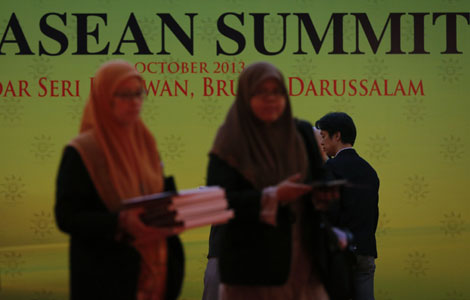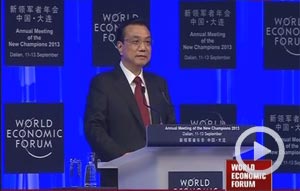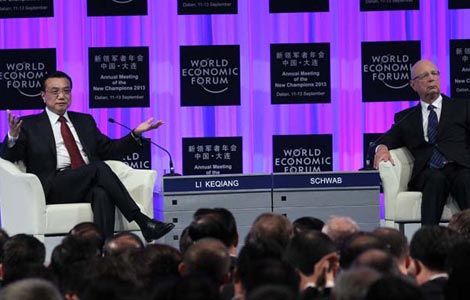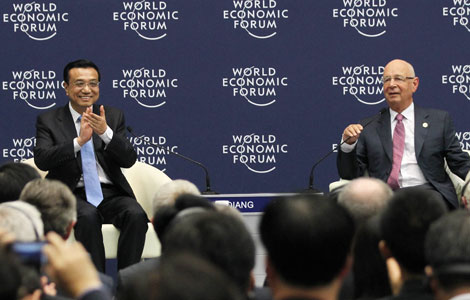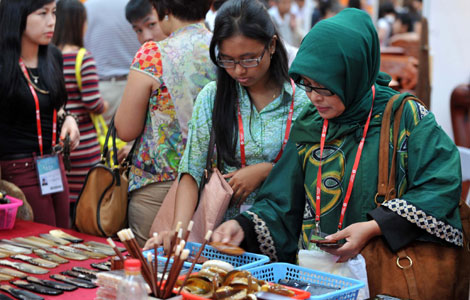
China to boost ties with ASEAN
Updated: 2013-10-09 11:32BANDAR SERI BEGAWAN - Chinese Premier Li Keqiang started a three-nation tour to Southeast Asia on Wednesday, following in the footstep of Chinese President Xi Jinping, who just wrapped up his visit to Indonesia and Malaysia.
The highly frequent visits by the two top Chinese leaders, who visit five out of 10 countries of the Association of Southeast Asian Nations (ASEAN) within two weeks, demonstrated the importance China attaches to ASEAN and its efforts to push forward common development, observers said.
Xu Liping, a researcher with the Institute of Asia-Pacific Studies under the Chinese Academy of Social Sciences, said China is moving to consolidate a stable ASEAN partnership through a multi-level approach.
Xu said trade is only one component of China-ASEAN ties. Infrastructure and people-to-people exchanges are new initiatives that China is taking in building a "diamond decade," which Li proposed last month in a keynote speech at the 10th China-ASEAN Expo.
The infrastructure projects, such as the proposed pan-Asia railway network, once completed, will bring about tangible benefits to countries concerned and their people, Xu said.
Citing a research by Xiamen University of China, Xu said about 70 to 80 percent of overseas Chinese are in Southeast Asia, and they have, for many years, played a positive role in promoting economic and trade exchanges between China and the Southeast Asian countries.
"Having such a large number of overseas Chinese (in the Southeast Asian countries) is a unique advantage of China in boosting people-to-people exchanges," Xu said.
"China's development needs a peaceful neighboring environment and China's good-neighborly policy toward ASEAN is not a matter of expediency, but a long-term strategic choice," Ruan Zongze, a researcher with the China Institute of International Studies, said.
Apart from Brunei, Li will visit Thailand and Vietnam and attend the 16th China-ASEAN leaders' meeting, the 16th ASEAN plus three (China, Japan and South Korea) summit and the 8th East Asia Summit.
In Brunei, Li is to explain the policy on ASEAN implemented by the new ?Chinese leadership and China's views on further enhancing China-ASEAN political security, economic and trade cooperation, infrastructure connectivity, maritime cooperation and people-to-people exchanges, China's Vice Foreign Minister Liu Zhenmin said.
The Chinese premier will also explore new possibilities for cooperation with ASEAN leaders, including the signing of a China-ASEAN treaty on ?good-neighborliness and friendly cooperation, upgrading the China-ASEAN free trade area and the creation of an Asia infrastructure investment bank, Liu said.
Meanwhile, China has also proposed to set 2014 as the year of China-ASEAN cultural exchanges, and the country promised to offer ASEAN members 15,000 government scholarships over the next three to five years.
The past decade of China-ASEAN cooperation has witnessed a remarkable increase in bilateral trade, which surged from $54.77 billion in 2002 to $400.1 billion in 2012, an annual growth rate of 22 percent.
The bilateral trade volume is expected to reach $500 billion before 2015 and China has become the biggest trading partner and largest source of tourists for ASEAN.



